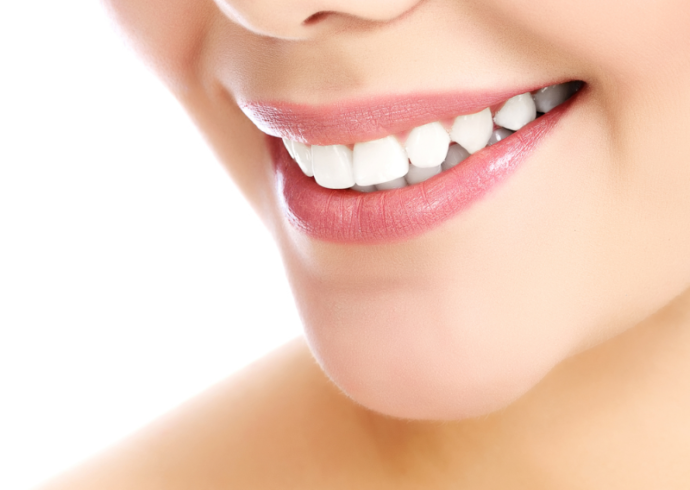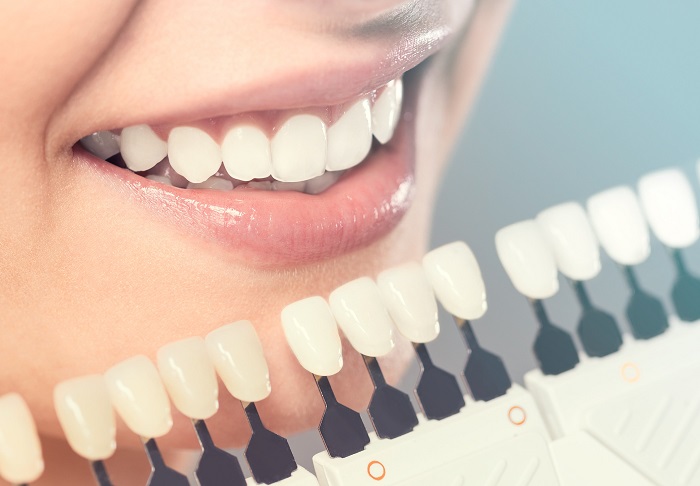At an early age, you began learning how to take care of your teeth. In fact, most parents start brushing their children’s teeth the moment their two little teeth come through.
As children, it was pretty easy to maintain good oral health because our parents made sure we got to our appointments but as you grow into an adult, it gets a little harder to maintain that same level of care.
As an adult, things like schedule conflictions and finances can both play a role in why adults neglect their oral care. People think it’s just teeth… as long as I brush, I won’t need to go to the dentist; and that’s where so many people go wrong.
People put oral care at the bottom of their to-do lists for some reason. One of the biggest misconceptions about oral care is that it’s just cavities and brushing and flossing… but no, according to the Journal of the American Dental Association, your oral health directly impacts your overall health.
Things like tooth decay, gum disease, and impacted teeth have been linked to cardiovascular disease and other heart issues. So you see, oral health isn’t just about your teeth… it affects your overall health.
Now, in keeping good oral health, there are certain things you can do to ensure you have healthy gums and teeth. Follow these best practices and incorporate them in your daily life.
Brush Your Teeth Regularly
From an early age, you’re told by the dentist that you need to brush twice a day and that it’s the best way to remove plaque and bacteria to keep your mouth clean. Well, that is definitely true but the question is, are you brushing correctly?
When brushing your teeth, the key is to brush regularly but not aggressively. How many times have you heard someone in the bathroom brushing their teeth and it just sounds like they’re brushing so fast and so hard that it almost sounds painful?
We’ve all heard someone brushing like that. With brushing, you have to realize that there is a technique in which to do it.
You want to brush your teeth in small circular motions, making sure to get the front, back, top, and sides of your teeth. Applying this technique to all of your teeth should only take two to three minutes.
The worst but most common way people brush their teeth is in the sawing motion… back and forth; if you brush your teeth like that, stop.
In brushing regularly, you also want to make sure you have the right kind of toothbrush and aren’t brushing too hard because you can damage your tooth enamel. The American Dental Association recommends using a soft-bristled toothbrush.
Visit Your Dentist Regularly
Visiting your dentist regularly doesn’t mean going every day or every month for that matter… you can typically see the dentist every six months for a checkup. For most people, visiting the dentist regularly doesn’t sound like a big deal.
In fact, some people love visiting the dentist. But there are some people who are severely terrified of the dentist. This severe case of being afraid of the dentist is called dentophobia.
Dentophobia is typically caused by a traumatic experience with the dentist. Things like the sound of the drill, the smell of the dentist’s office, and even the dentist themselves can trigger dentophobia. This condition is the very reason why lots of people go years and years without seeing a dentist.
If you think about it, if you had a traumatic experience at your dentist’s office, it would probably be hard for you to go back too but going to the dentist is a lot less painful these days with sedation dentistry.
Dentists know that people are afraid of them and that’s why lots of offices offer sedation services to their patients. You can sedation via IV or orally. The great thing about this service is that it can be used for many things.
Something as simple as a teeth cleaning can warrant sedation for some patients. If you have a fear of the dentist but want to have a healthy mouth look for dental offices with sedation services because with sedation, fear can no longer be an excuse to not see the dentist regularly now.
Limit Eating Sugary Foods and Starches
Now, this is going to be hard for lots of people but if you want healthy teeth and gums, you have to at least make the effort to reduce how much sugary and starchy foods you consume.
Avoiding these foods altogether will definitely be hard and trying to do that could actually make you eat more of it than you normally would, so take baby steps in limiting these foods.
Instead of ditching the bad foods completely, just limit them and incorporate foods that are good for your teeth as well.
Now don’t think that because these foods are good for your teeth that they’re nasty because they’re not… you’ll be surprised that these foods are foods you probably already eat but didn’t realize the oral health benefits behind them.
All in All
Practicing good oral habits from an early age into adulthood is what’s going to keep your teeth and gums healthy.
Knowing how to properly brush, regular dentist visits, and eating healthy foods good for teeth will all play a role not only in your oral health but also in your overall health. Incorporate these best practices in your oral routine.





